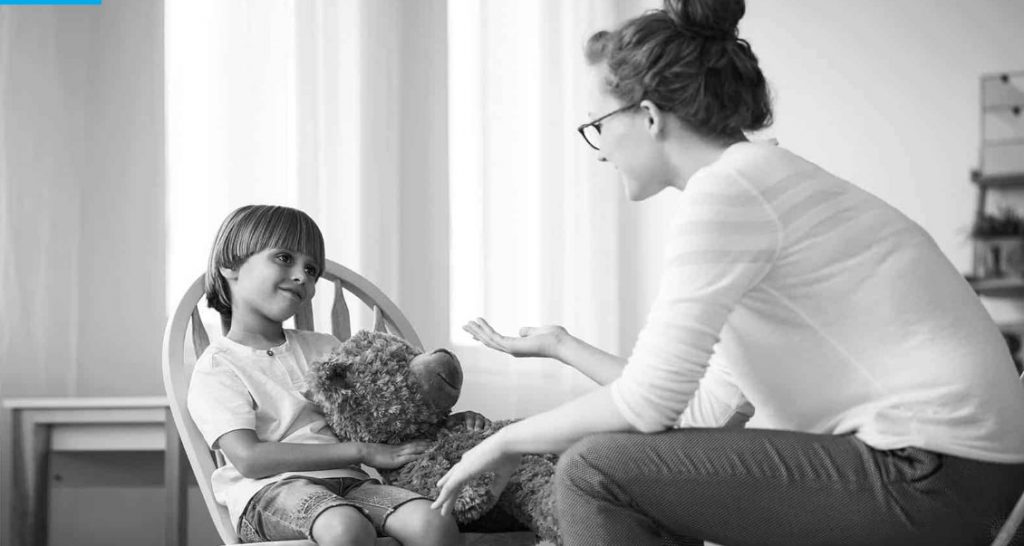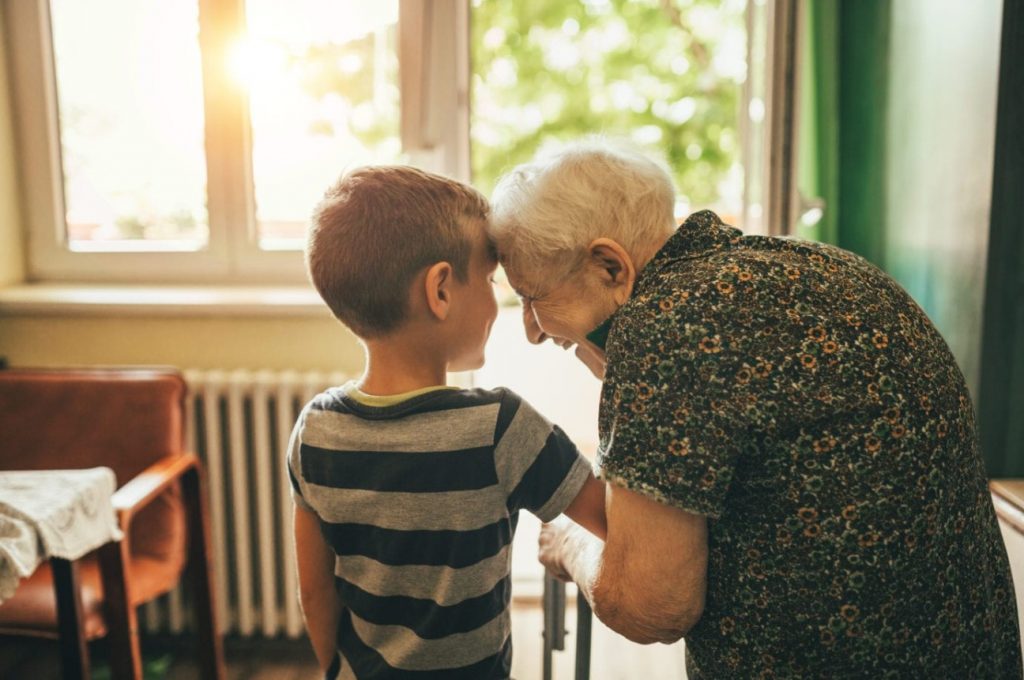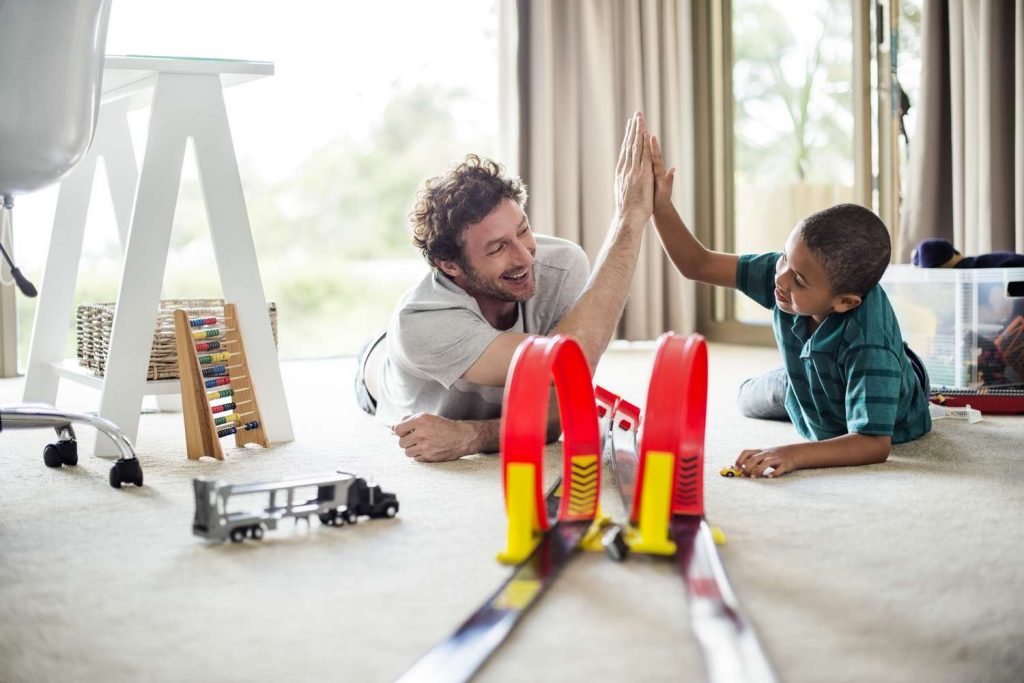One of the most important things parents can teach their children is manners. Manners are a set of social rules that help us interact with others politely and respectfully. Teaching children manners will not only help them make a good impression on others, but it will also help them to develop positive relationships and feel more confident in social situations.
Some families want their children to address adults using their full names and shake hands in greeting. Looking people in the eyes while talking is another common expectation.
1. Saying “Please” and “Thank You.”
One of the first manners children should learn is to say “please” and “thank you.” Saying “please” when making a request shows that you are polite and respectful, and saying “thank you” shows appreciation for something that someone has done for you. Parents can teach their children to use these phrases in different role-playing scenarios, such as asking for a toy or receiving a gift.
2. Using “Excuse me” and “I’m Sorry.”
Another important set of manners is knowing when to say “excuse me” and “I’m sorry.” “Excuse me” is used to interrupt someone or get their attention politely, while “I’m sorry” is used to apologize for a mistake or when you have hurt someone’s feelings. Parents can teach their children to use these phrases in different role-playing scenarios, such as accidentally bumping into someone or interrupting a conversation.
3. Teaching Table Manners
Children must learn proper table manners and attend family meals and social gatherings as they grow older. This includes properly setting the table, using utensils and napkins, and eating politely in a group setting. Parents can teach their children table manners by role-playing a dinner party or family meal, where they can practice using utensils and napkins and observe proper manners.
4. Greeting Others
Another important aspect of manners is knowing how to greet others. This includes knowing how to say hello, and goodbye and how to introduce oneself. Parents can teach their children how to greet others by role-playing different scenarios, such as meeting someone for the first time, saying hello to friends, or saying goodbye.
5. Phone Manners
In today’s digital age, children need to know how to answer the phone politely, leave a message, and end a phone call. Parents can teach their children phone manners by role-playing different phone scenarios, such as answering the phone, leaving a message, or ending a call.
6. Guest Manners
As children grow older, they will start to attend social gatherings and parties; they need to learn how to be good hosts or guests. This includes knowing how to behave in someone’s home, how to be respectful of others, and how to thank the host properly. Parents can teach their children guest manners by role-playing different guest scenarios, such as having friends, visiting someone’s home, or going to a party.
7. Public Manners
Children need to know how to behave in public places, such as standing in line, speaking quietly, and respecting others’ personal space. Parents can teach their children public manners by practicing them during outings and trips, such as going to a store or a park.
8. Online Manners
With the increasing use of technology, children need to know how to communicate politely and respectfully online. This includes knowing how to use appropriate language, protect privacy, and be a good digital citizen. Parents can teach their children online manners by discussing the importance of privacy and how to protect it online and by setting boundaries for their online activities.
9. Reinforcing Manners
Continuously reminding and reminding children to use manners in different situations. This can include prompting them to use “please” and “thank you” when appropriate, reminding them to use proper table manners during meals, or gently reminding them to use “excuse me” or “I’m sorry” when necessary.
10. Use Praise
Praising children when they use good manners. Positive reinforcement is an effective way to encourage children to continue using manners. When children are caught using good manners, parents should give them positive feedback and Praise to encourage them to continue using manners.
According to Dr. Lavin, kids want to do well but are primed to test limits. “After around 18 months, you see kids playing with parental expectations, and they must decide how much to comply or resist.
This isn’t good or bad; it’s human nature.” Praising them for the polite behavior you want helps them make the better choice.










